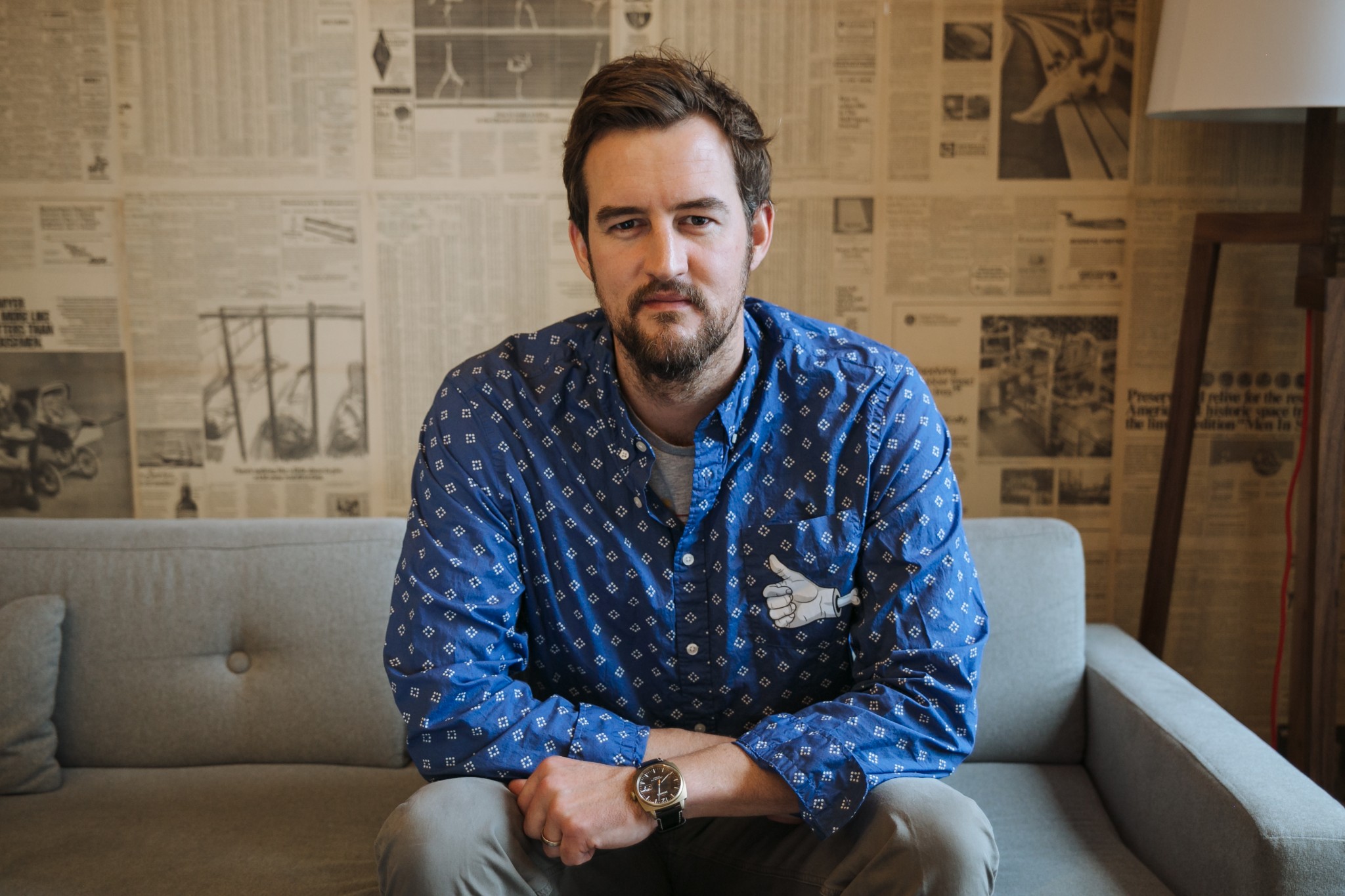King of co-working: Miguel McKelvey on building $5 billion dollar office space, WeWork
First of all, tell us a little more about what WeWork is and what you provide?
WeWork is the platform for creators. We provide the workspace, community, and services our members need to make a life, not just a living. Our community is made up of over 25,000 members – startups, freelancers, small to mid-sized businesses, and even divisions of large corporations. As of today, we’ve announced 43 locations in 16 cities and 4 countries.
First of all, tell us a little more about what WeWork is and what you provide?
WeWork is the platform for creators. We provide the workspace, community, and services our members need to make a life, not just a living. Our community is made up of over 25,000 members – startups, freelancers, small to mid-sized businesses, and even divisions of large corporations. As of today, we’ve announced 43 locations in 16 cities and 4 countries.
Where did the idea for WeWork come from?
Adam (co-founder Adam Neumann) and I were both entrepreneurs with offices in a building in Brooklyn. The building was filled with startups and small businesses, and we saw so many opportunities to help people become more successful. It seemed so obvious to us that the workspace solutions available to small companies just weren’t working. Once we dug deeper, we realised it went far beyond the functional aspects and also into the social and emotional ones. That’s where the “We” idea came in. Adam and I both grew up in communal environments – me as one of six kids in a five-mother collective, and Adam in a kibbutz in Israel. The constant support of a connected community was a big part of our upbringings, and it’s something we want our members to experience through WeWork.
What sets WeWork apart from other co-working spaces?
WeWork focuses on building community and helping people connect in a variety of ways. Everyone has different needs. Some are in startup mode and have tons of questions. Others are in more mature businesses and perhaps are more interested in connecting for social reasons. In general, there has been a macro shift in terms of what people expect from their work environments and we strive to create opportunities for people to make meaningful connections on many levels.
The building on the South Bank represented your first international location. What made you choose London over other cities?
London is a global leader in culture and commerce; it embodies the worldwide move towards entrepreneurial culture more than most cities. We’re really excited about the potential here.
What are your plans for the coming year?
We want to everyone to be able to participate, so our focus is expansion of the community — with both physical and digital spaces and services. In London, we have three locations open right now, another opening over the summer (WeWork Moorgate opens July 1st!), and more to be announced. We’re currently a community of over 25,000 members, and we are likely to be 45,000 members by the end of 2015.
The South Bank isn’t considered to be one of London’s traditional startup hubs – what influenced this choice?
Sea Containers House on Southbank is a unique location that is currently being redeveloped, which was attractive to us because it gave us an opportunity to influence the energy of the neighbourhood and to really make a difference in an up-and-coming area of London. It’s very exciting to be a part of that.
How do you think co-working is changing the way people work?
Traditional corporate offices, towers full of fluorescent lights, gray carpets, and draining environments—no one wants to work that way anymore. Co-working spaces are providing an alternative workspace setup and a more social atmosphere that allows people to choose a different way of working.
What are some of the main benefits for businesses operating in a co-working space such as WeWork?
Co-working spaces are addressing some of the challenges and needs of today’s entrepreneurs and creators beyond just offering flexible and affordable space to work in. We believe workspaces are best when they go beyond providing just physical space, but also provide the infrastructure to support all of the key aspects of business development for members, including access to services like IT support, payroll and legal services which you won’t find in similar spaces elsewhere. It’s about allowing entrepreneurs to focus all of their energies on building successful lives, both in and out of the office.
If you could give one piece of advice to someone thinking about starting a business, what would it be?
Never accept what just one person tells you. Seek advice and listen to a variety of opinions, absorb everything, but then choose your own path. No one person has all the answers — you have to find them within yourself.


This is all very interesting, though not exactly new, and no doubt it may be a cool place to work, but none of that justifies the sky high valuation of the company.